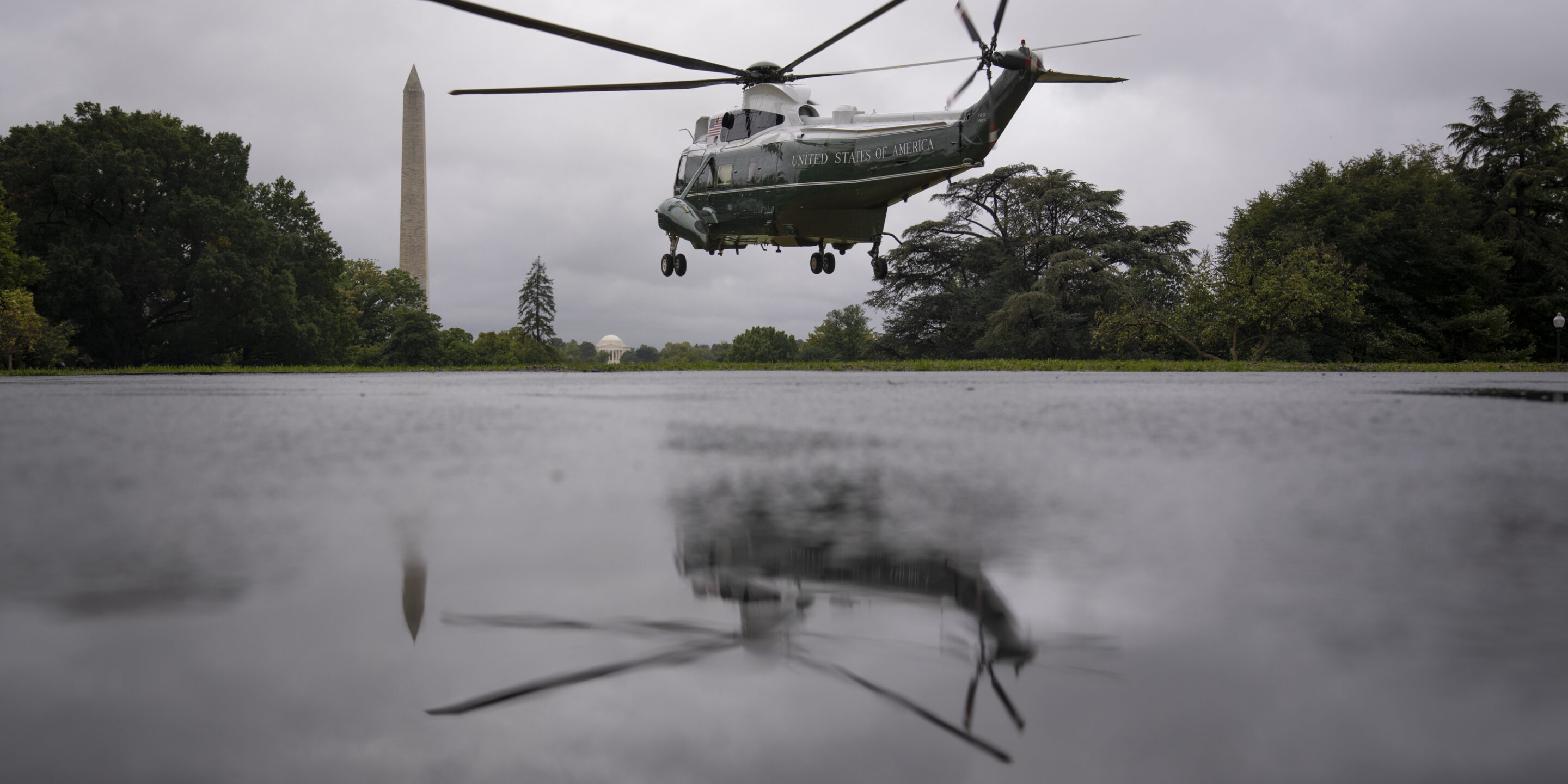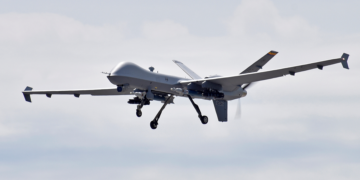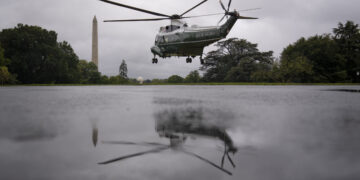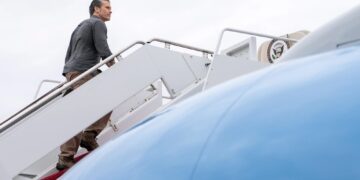November 7, 2024
How will Trump’s win impact America’s allies and enemies?

When Donald Trump won his first ever election in 2016, the world woke up the next morning in a collective state of shock and disbelief. Washington’s allies in Europe were caught completely unprepared; all of a sudden, they had to contend with a leader who relished needling them for all kinds of sins, real and perceived. America’s allies like Japan and South Korea, whose defense policies depend almost entirely on a stable alliance with the United States, were now forced to deal with a man who threatened to use those alliances as leverage to extract greater defense spending in Tokyo and Seoul. Latin America didn’t know what to believe; frankly neither did many Americans.
Nobody is shocked this time around. Or at least they shouldn’t be. Unlike in 2016, when foreign governments failed to do their homework, US allies and partners spent the year before the presidential election trying to reconnect with Trump’s inner circle. Japan, South Korea, Germany and others all sent delegations, quietly, to Washington, DC, New York and Florida to hobnob with Trump and his closest advisors because they understood Trump 2.0 was a very realistic possibility. That possibility has become reality in what is arguably the most impressive political comeback in US political history.
It has only been a day or so since Trump was declared the winner, yet a lot of ink has already been spilled about what the returning president may do over his next four years. Israeli prime minister Benjamin Netanyahu’s government is cautiously optimistic that a second Trump administration will essentially provide Israel free rein to go after its enemies in Gaza and Lebanon. Ukraine is obviously terrified at what’s in store given Trump’s loud proclamations that the nearly three-year-long war is a waste of US taxpayer money (Ukrainian president Volodymyr Zelensky wrote a congratulatory tweet to Trump as soon as the race was called, hoping for good times ahead).
Much less attention, however, is devoted to what Trump’s foreign policy priorities should actually be during a second term. This, rather than what Trump could do, is the more important subject. The first 100 days will be a pivotal moment for Trump to make his mark and chip away at some of the big problems that impact international security and America’s own role in the world. His kitchen cabinet and incoming security team will be whispering in his ear about what to prioritize and what to discard, but if I were in the room with him, I’d focus on three major lines of effort.
More on Western Hemisphere

April 10, 2025

By Erik Gartzke
April 7, 2025

Featuring Daniel DePetris
April 3, 2025

Featuring Jennifer Kavanagh
March 28, 2025
Events on Grand strategy





